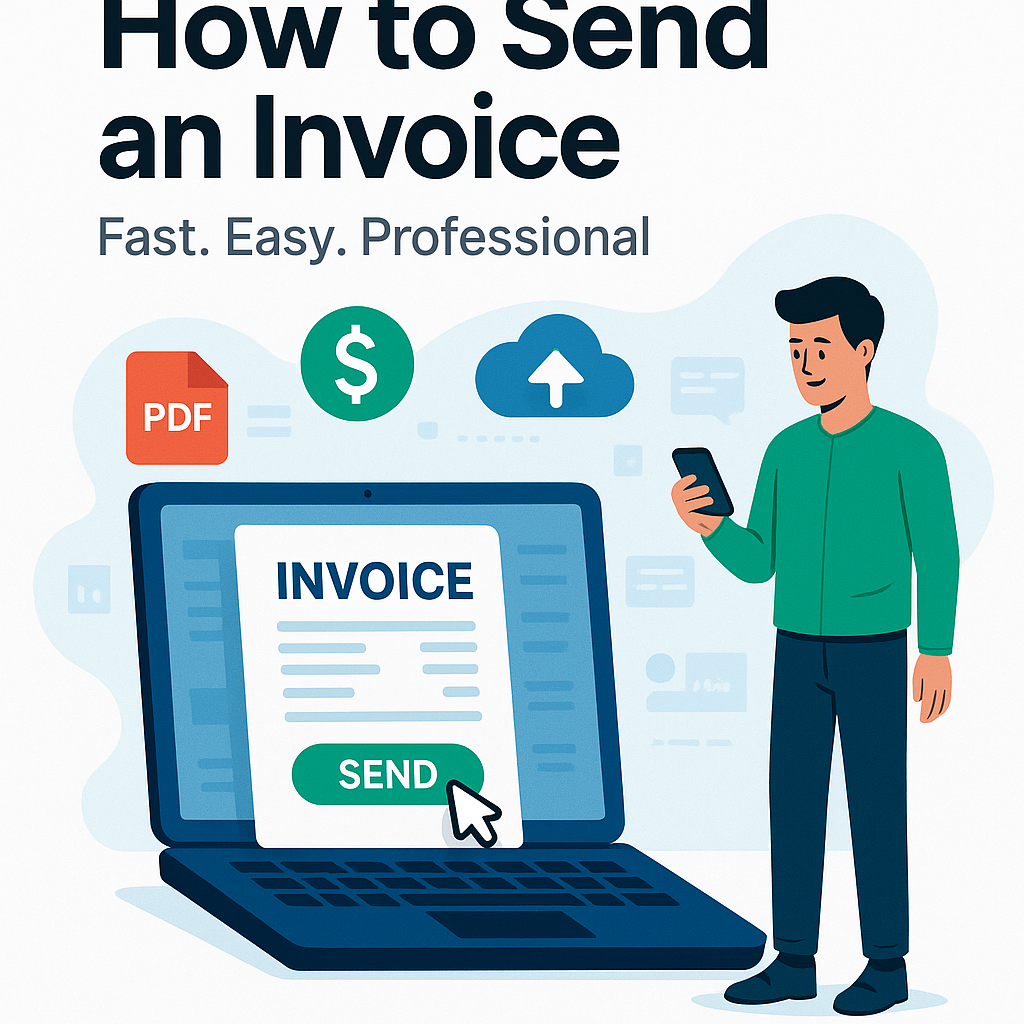With more businesses going digital, online paystub is now a common way for employees to access their pay information. This shift has brought many benefits, such as easy access to pay details and quicker payroll processes. However, this digital convenience comes with a need to protect sensitive data. Pay stubs contain important personal and financial information, and if they are not secure, they could be exposed to risks like hacking, identity theft, or fraud.
In this blog, we will discuss what employers can do to ensure the security of pay stubs in the digital age, without compromising the convenience employees enjoy.
Why Pay Stub Security Matters
Pay stubs are more than just records of earnings; they include critical data like salary, tax deductions, benefits, and personal information such as Social Security numbers. If this information falls into the wrong hands, it can lead to serious consequences, including identity theft or financial fraud.
Employers are responsible for ensuring that their employees’ pay stub data remains private and secure. Failing to do so could result in legal consequences, loss of employee trust, and damage to the company’s reputation.
How Employers Can Protect Pay Stubs
1. Use Strong Encryption
One of the best ways to secure digital pay stubs is by using encryption. This process changes the data into unreadable code that can only be unlocked with a special key. When pay stub data is encrypted, even if a hacker gains access to it, they won’t be able to read the information.
Employers should make sure that the systems used for managing pay stubs, whether in-house or through third-party services, use strong encryption methods to protect data.
2. Set Up Two-Factor Authentication (2FA)
Two-factor authentication (2FA) adds an extra layer of security when employees access their pay stubs online. Instead of just using a password, employees must also enter a second code sent to their phone or email. This makes it much harder for someone to steal an employee’s login credentials and access their pay stub information.
3. Regularly Update Software
Keeping payroll systems up to date is essential for security. Software updates often include security patches that fix weaknesses in the system. Without these updates, your payroll system could become vulnerable to attacks.
Employers should ensure that the payroll software is regularly updated and monitored for any potential security risks. This helps to avoid exposing sensitive data to cybercriminals.
4. Limit Who Can Access Pay Stub Information
Only those employees who need to see payroll data should have access to it. Role-based access ensures that only the right people, such as HR or payroll personnel, can view or manage pay stub information. For other employees, access should be limited to just their own pay stubs.
This helps reduce the chances of data leaks or breaches from internal sources.
5. Educate Employees on Cybersecurity
Employees are often the first line of defense against cyberattacks. Employers should educate their workers about the dangers of phishing and other types of cyber fraud. Employees should be taught how to recognize suspicious emails or websites and how to report any security concerns immediately.
Employees who are informed about security risks are less likely to make mistakes that could compromise their pay stub data.
Ensuring Convenience Without Compromising Security
One of the reasons check stub online free services are popular is because they allow employees to view their pay stubs whenever they want, without waiting for physical copies. But it’s important to balance this convenience with security.
Employers should use secure platforms that allow employees to access their pay information easily, while still protecting their personal data. A good payroll system will:
- Require strong passwords and two-factor authentication (2FA)
- Have a user-friendly interface for easy navigation
- Keep track of login history to identify any unusual activity
Compliance with Legal Standards
Employers should also be aware of data protection laws, such as the General Data Protection Regulation (GDPR) in Europe and the California Consumer Privacy Act (CCPA) in the U.S. These laws require businesses to protect employee data, including pay stubs, and give employees certain rights over their personal information.
By following these laws and ensuring that pay stub data is securely stored, employers can avoid legal trouble and protect their employees’ privacy.
Conclusion
Digital pay stubs offer great convenience for both employers and employees. However, with this convenience comes the responsibility of ensuring that sensitive information is protected from cyber threats. Employers can safeguard pay stub security by implementing encryption, using two-factor authentication, and educating employees on security risks. By doing so, they can offer check stub online free services to employees without compromising privacy or security.



